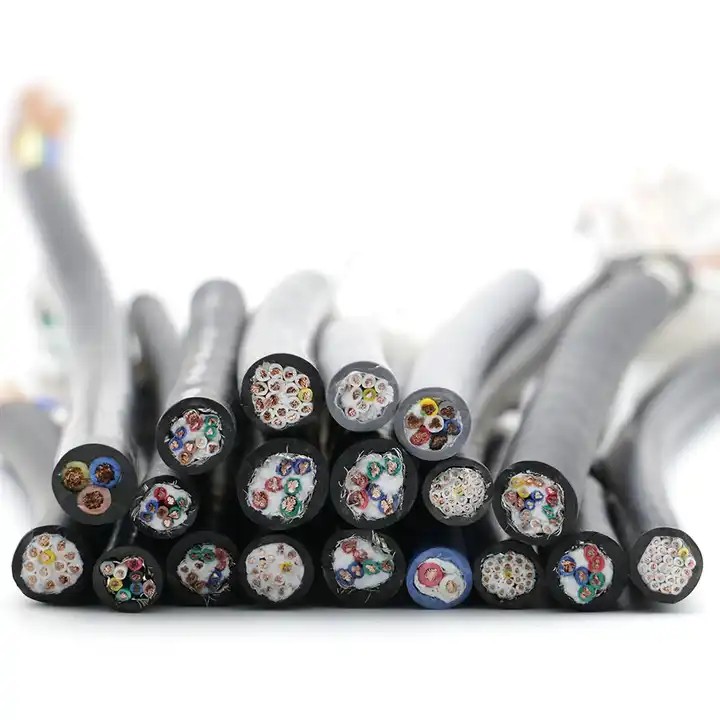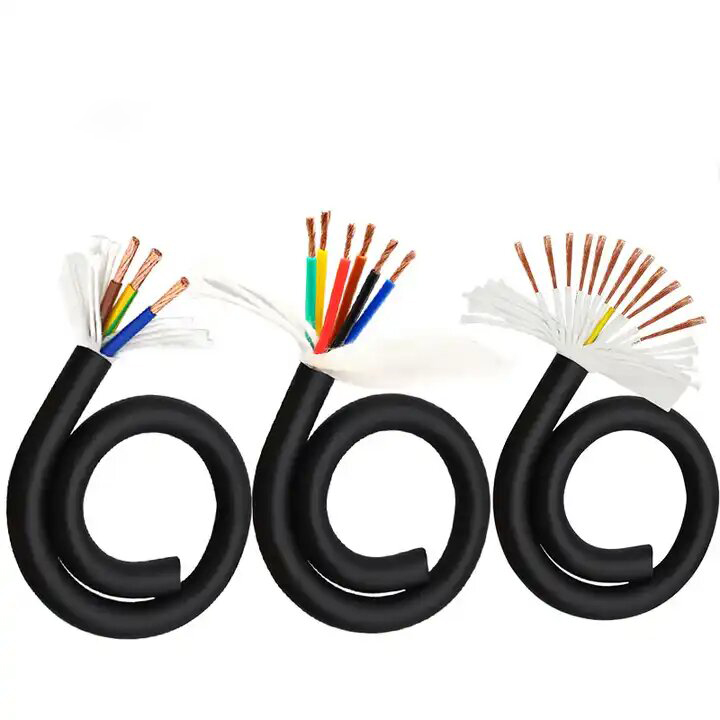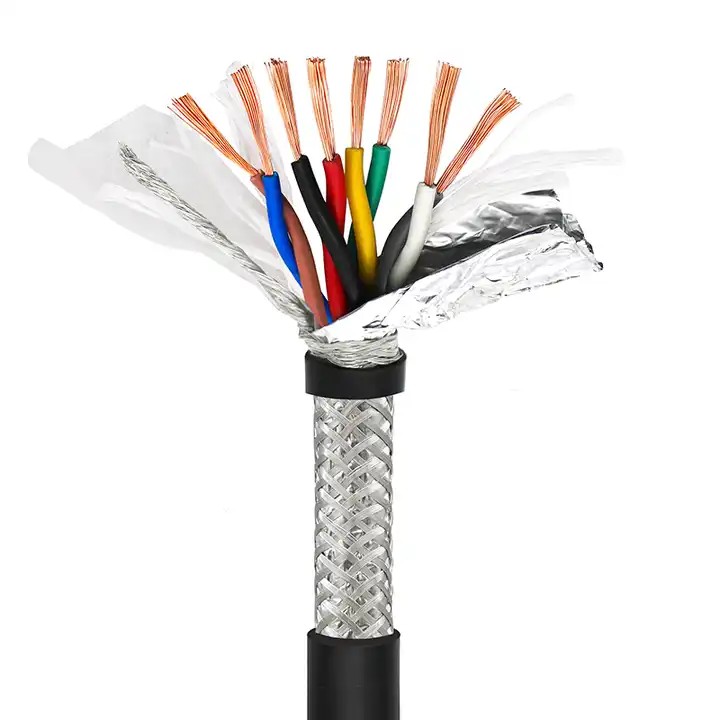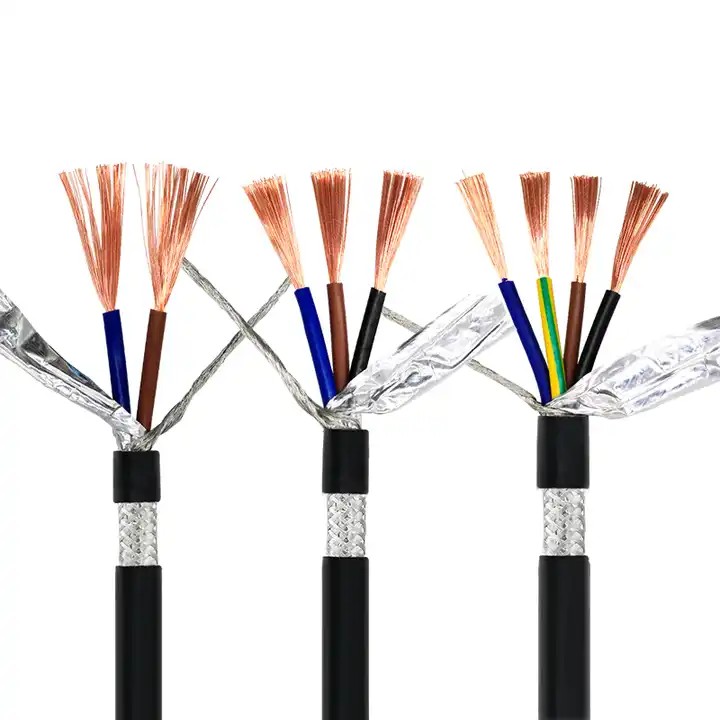What Are EV Charging Cables Made Of?
Published:
2024-11-04 11:21:42
The materials used in EV charging cables play a vital role in their performance, durability, and safety.
Electric vehicle (EV) charging cables are the lifeline of EV charging systems, allowing safe and efficient power transfer between the charging station and the vehicle. With the surge in electric vehicle adoption, the demand for high-quality EV charging cables is also increasing. Here, we’ll explore the materials that make up EV charging cables and how TL-LINK, a leading EV charging cables company, ensures that their products meet the highest standards of durability and safety.
1. Conductor Material: Ensuring Efficient Power Flow
The core of any EV charging cable is its conductor, typically made of copper or aluminum. Copper is widely preferred due to its excellent conductivity, allowing efficient power transfer with minimal resistance. Some manufacturers may use aluminum for its lighter weight and cost-effectiveness, but it generally requires additional measures to achieve similar conductivity. TL-LINK EV charging cables are crafted with high-quality copper to optimize power transfer and reduce energy loss, making them a reliable choice for both EV charging cables suppliers and wholesale distributors.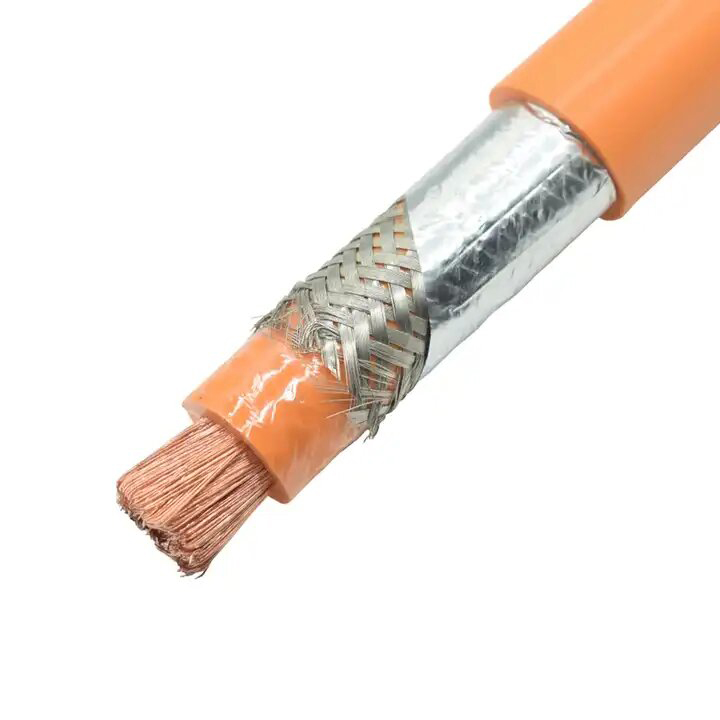
2. Insulation Material: Safety First
Safety is paramount in EV charging, as these cables handle high-voltage power. The insulation layer protects the conductor and users, preventing electrical leakage and ensuring safe handling. EV charging cables typically use materials like thermoplastic elastomer (TPE) or ethylene propylene diene monomer (EPDM), both known for their flexibility, heat resistance, and durability. TPE is particularly popular due to its eco-friendly properties, while EPDM provides enhanced weather resistance, making it ideal for outdoor use. TL-LINK uses high-quality, durable insulation materials to ensure that their cables meet rigorous safety standards.
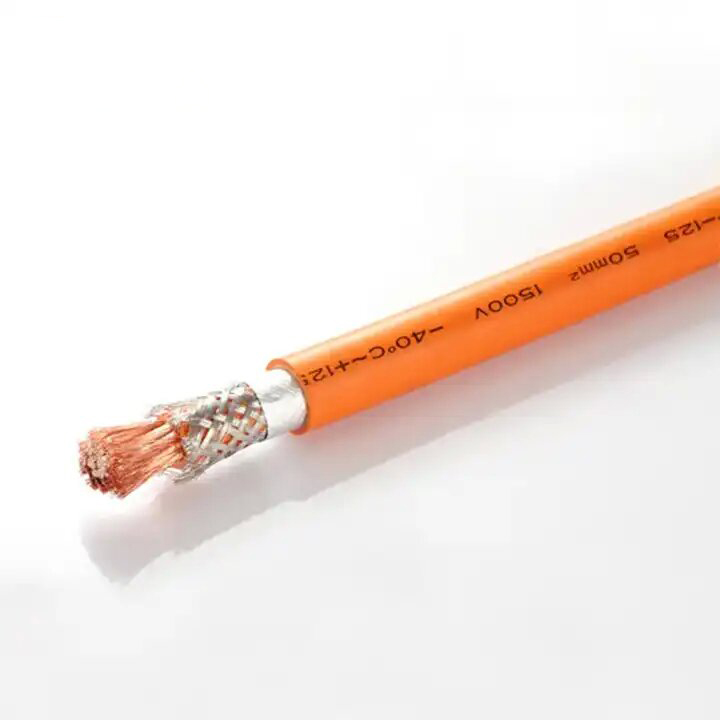
3. Outer Sheath: Protection Against Environmental Factors
The outer sheath is the first line of defense against external elements such as UV rays, chemicals, and abrasions. EV charging cables generally feature outer sheaths made of thermoplastic polyurethane (TPU) or PVC. TPU offers excellent durability and flexibility, making it suitable for harsh outdoor conditions. PVC, on the other hand, provides good weather resistance and is a cost-effective option. TL-LINK EV charging cables are designed with robust outer sheaths, allowing them to withstand challenging environments while protecting the internal components.
4. Reinforcement Layers: Adding Extra Durability
In some EV charging cables, manufacturers incorporate reinforcement layers to increase durability. These may include fiber braiding or metal shielding to improve tensile strength and protect against wear and tear. Reinforced cables are especially useful in commercial charging stations, where frequent use and heavy handling are expected. TL-LINK’s range of EV charging cables includes reinforced options, meeting the demands of high-traffic areas and ensuring long-lasting performance.
5. Connector Materials: Ensuring Secure Connections
The connectors at each end of an EV charging cable play a crucial role in safe and secure power transfer. These connectors are often made from heat-resistant plastics and metals that can endure high temperatures and prolonged use. TL-LINK EV charging cables feature connectors built from high-quality materials to prevent overheating and wear, providing stable, reliable connections during every charge.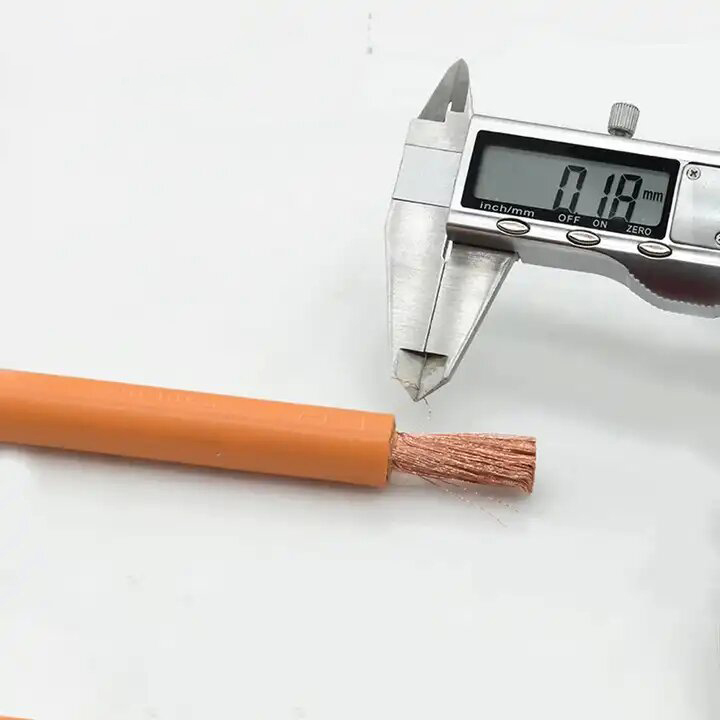
6. Compliance with Industry Standards
Materials used in EV charging cables must comply with stringent industry standards to ensure safety and efficiency. TL-LINK EV charging cables adhere to international standards such as IEC 62196 and UL 62, which cover requirements for quality, durability, and safety. As a top-tier EV charging cables supplier, TL-LINK ensures that all cables undergo rigorous testing to meet these certifications, giving customers confidence in their products.
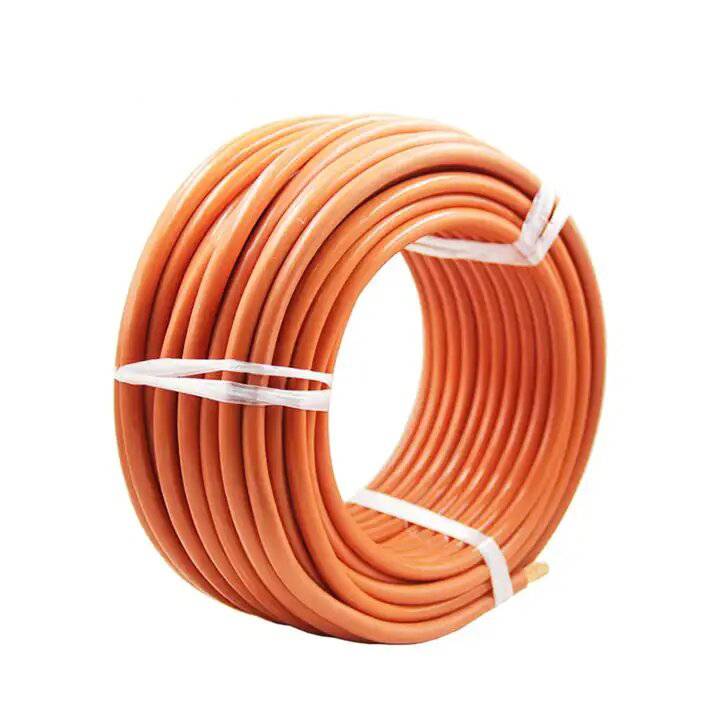
The materials used in EV charging cables play a vital role in their performance, durability, and safety. TL-LINK’s commitment to quality in conductor materials, insulation, outer sheaths, and connectors makes their EV charging cables a trusted choice among EV charging cables companies, suppliers, and wholesalers. With TL-LINK EV charging cables, businesses can offer reliable, long-lasting solutions to meet the growing demand for electric vehicle charging infrastructure.


